With math, you typically have a range or a zone where most of your students come to you with basic knowledge of standards or skills that were taught the previous year. Phonics is completely different!!!
Students pick up on some phonics skills faster than others if they are developmentally ready. If a teacher doesn’t understand the importance of phonics, sometimes they don’t even teach it to their students…I know, shocker! PHONICS IS SO IMPORTANT!!! This post is going to outline a progression of phonics skills in the order that they should be introduced, taught, and mastered by students before they can move onto the next stage.
Foundational Skills
This stage begins before a student sets foot in school. That’s scary to think about! Especially for students who come from family situations where they aren’t exposed to things, engaged in conversation often, or even had a book read to them. It all starts with children realizing that those words they see everywhere actually mean something.
Students in this developmental stage are…
- hearing that the words they say having different sounds
- exploring text by looking and listening
- asking questions about what words or letters are that they see around them
- starting to recognize their name or at least the first letter
- match letters with different fonts
Where should you start with a student in this stage? Introduce the alphabet and letter sounds slowly. Focus on important letters or letters that are easily formed and produced (said and written). Encourage students to explore rhyming words. Picture books and poems are wonderful for teaching students how to rhyme and predict words that might complete a sentence. For example, “The fox was in the ______.”
Nursery rhymes are also wonderful for students in this stage of development. They encourage rhythm and rhyme as well as building fluency through spoken words.
Early Readers
These kiddos are ready to tackle the world word by word! They know their letters and letter sounds. These students also have a basic understanding of rhyming words. They might not always be able to produce a word that rhymes with another, but they can identify if the two words that you say rhyme or not.
Students in this developmental stage are…
- able to identify the letter that makes a sound
- interested in making letters into words with their writing (no more stringing letters)
- able to provide a letter sound if given a letter
Where should you start with a student in this stage? Take it slow! Begin by practicing initial sound words. Once they can easily and quickly do this, move to final sounds. Stretch words or segmenting is an important skill for this stage. Have you heard the saying if kids can’t rhyme, they can’t read? Well, the same is true if they can’t segment, they can’t spell! Phonics goes way beyond reading! Phonics is also the application of phonics skills which means that if they can’t spell it, they don’t have the phonics foundation that they truly need.
Dot cards work wonders for this stage of development. The visual dots represent letters and sounds for students as they are blending and segmenting. It provides scaffolded instruction to help them as they begin to independently apply their phonics skills.
Word sorts are also a wonderful way to help students distinguish between initial sounds, final sounds, and middle sounds. Using word cards, students can sort, re-sort and then sort again based on the sounds that they hear. Take it a step forward and have your students write down the letters they are identifying.
Never teach phonics in isolation! If it is important enough for you to teach, you also need to practice spelling words with the phonics pattern and reading passages with the phonics pattern of focus as well.
Word families make phonics instruction easy for this stage since they all have the same middle and final sounds. Practice swapping initial sounds to build new words and encourage rhyming.
Both my Phonics Intervention Bundle and Phonics Adapted Binders provide lots of practice for students in this stage of phonics development.
Independent Readers
Just because a student can read basic sight words and decodable words, doesn’t mean they don’t need phonics instruction. I strongly believe that even third graders still need phonics instruction. If you teach second or third graders, can your students read words like baffle? Can they spell it correctly??? Probably yes to the first, but I imagine that they probably can’t spell baffle correctly. Final stable syllable patterns need to be taught along with r-controlled vowels and other complex phonics patterns.
Students in this developmental stage are…
- able to read and spell cvc words (short vowel), ccvc or cvcc words (words with blends or digraphs)
- interested in reading independently or aloud to a buddy or teacher
- motivated to write and tell stories
- able to ask questions about words that they can’t spell
- able to use a word wall when they can’t write a word
Where should you start with students in this stage? Review what they already know. Build confidence by practicing reading, spelling and reading words with short vowel patterns, words with blends, and words with digraphs. Then work on the following skills in this order…
- long vowel patterns
- long vowel words with blends or digraphs
- vowel diphthongs
- r controlled vowels
- trigraphs
- final stable syllable
- multisyllabic words with complex patterns
Again, remember to never teach these patterns in isolation. Pull in writing tasks and reading materials that focus on the patterns that you are teaching. Keep in mind that this stage continues and stretches for a couple of years. Even fifth graders tend to misspell words with multiple syllables. Pulling groups of students back into small groups and reviewing the patterns is common. Many of the words in this stage, such as sprinkler, are not words that are used commonly, so breaking them apart is a great reminder of phonics skills. [spr (trigraph) + ink + l + er (r controlled vowel)]
Don’t have the materials that you need to support these stages?
It has taken me many years to compile and create materials that work for the stages listed above and meet the needs of the intervention students that I have worked with. But luckily for you, I have them available! Many of them even have free samples that you can download and use with your students before deciding if you wish to purchase or not.
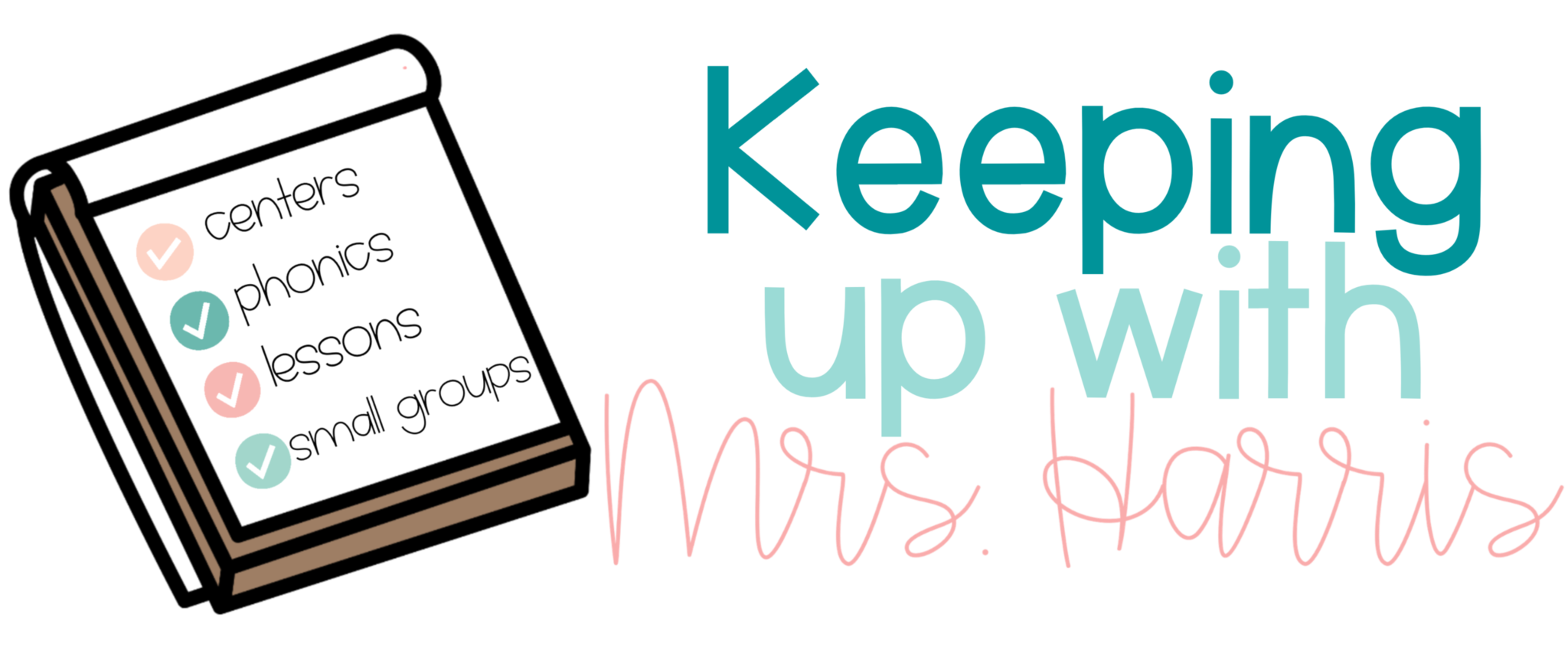
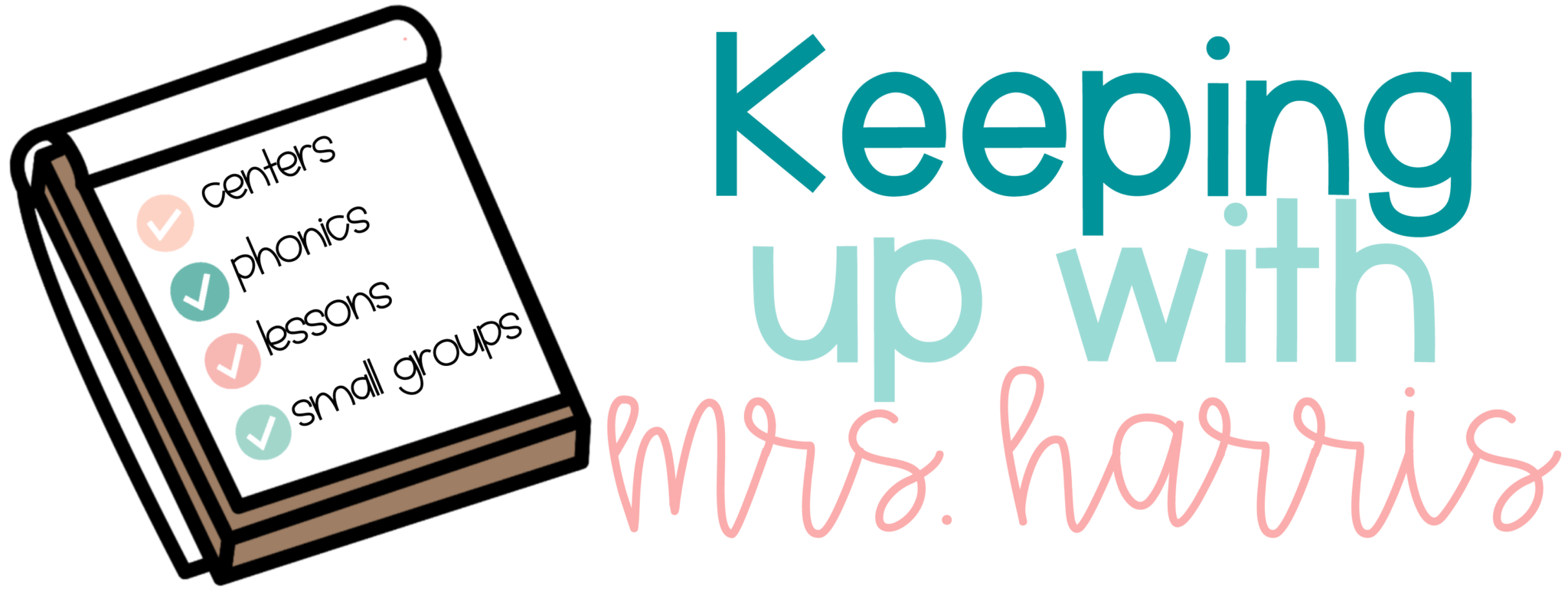
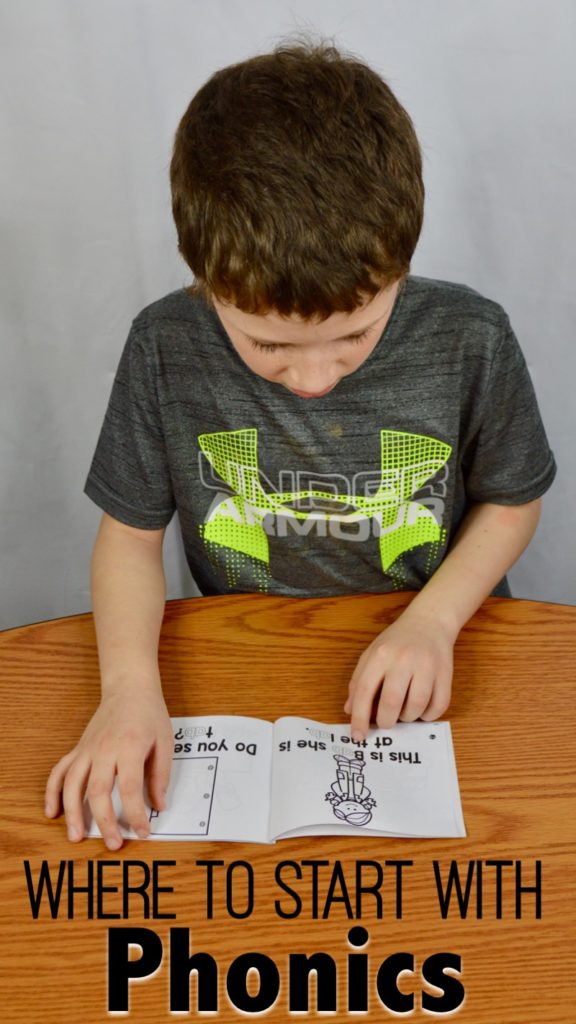





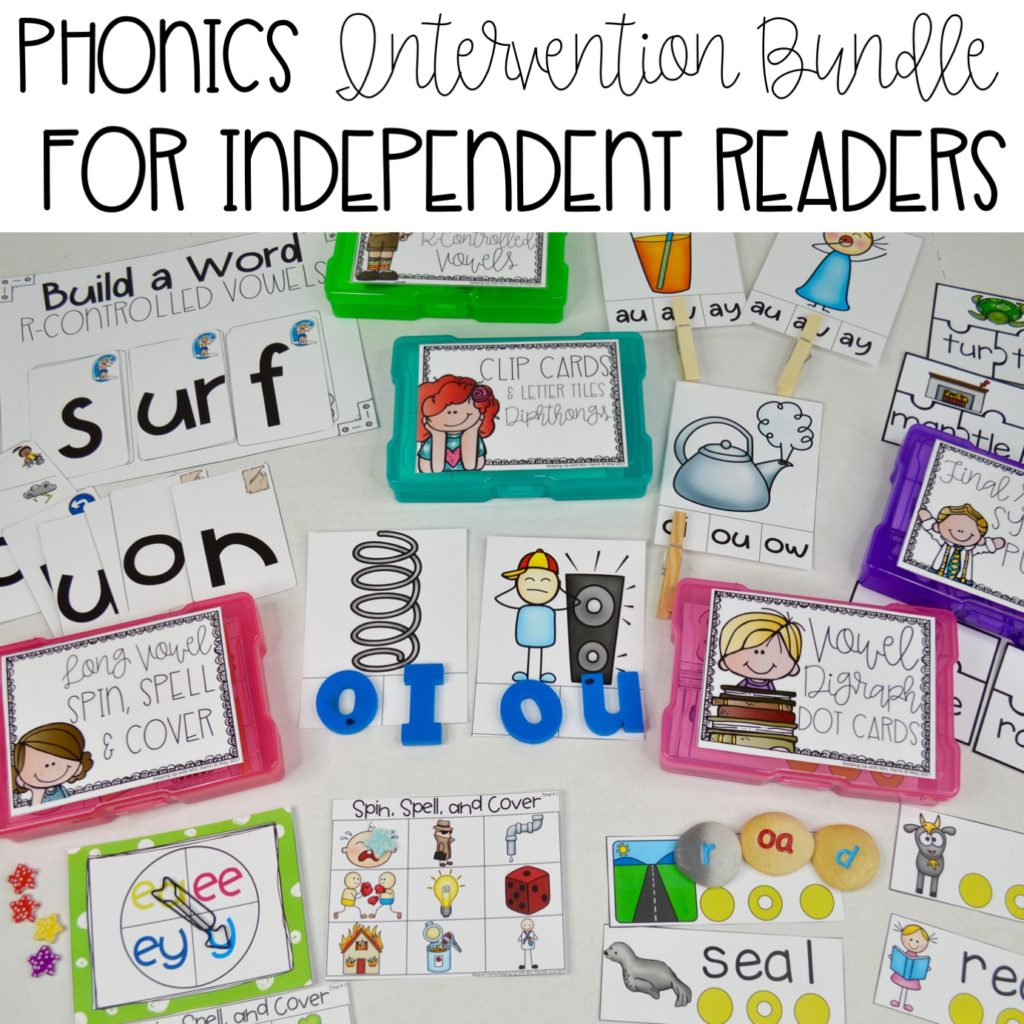
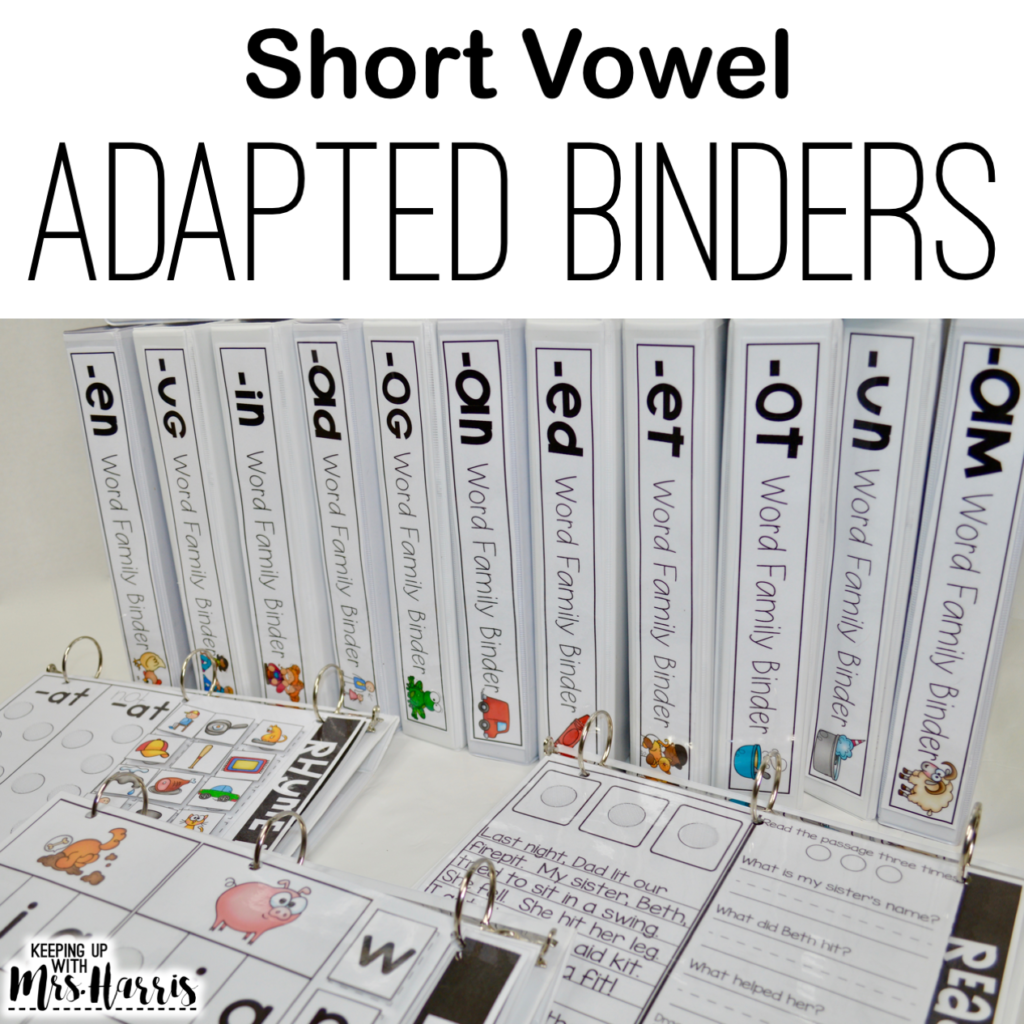
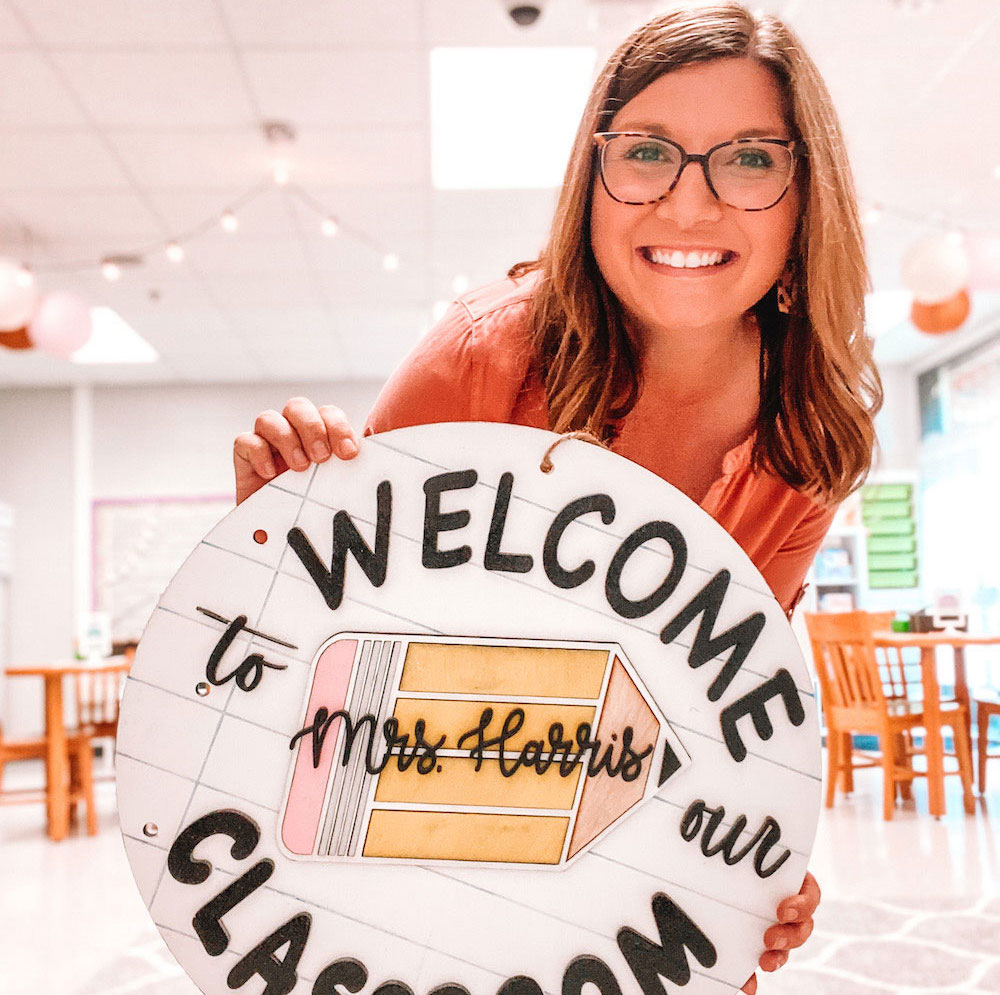
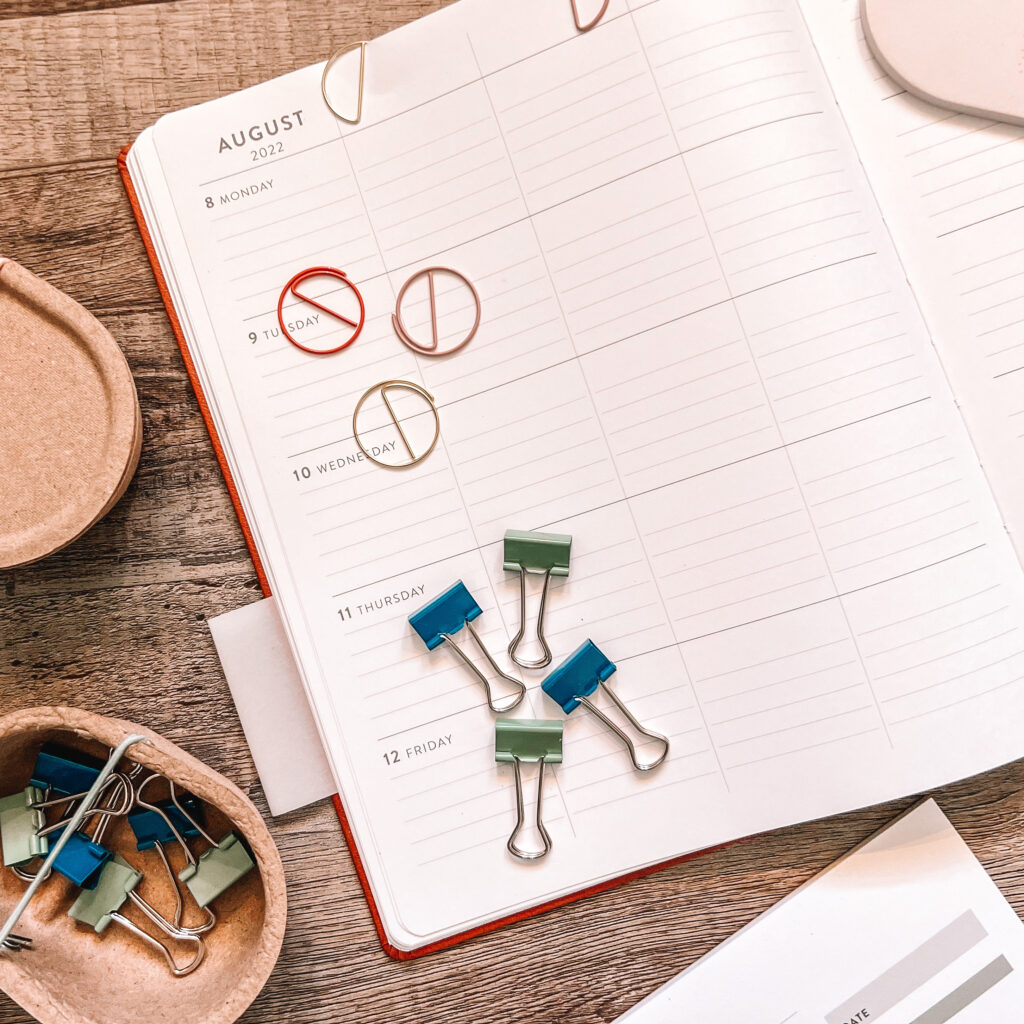
2 Comments
I tried to download the free phonics intervention packet twice and received nothing.
Can you email me at keepingupwithmrsharris@gmail.com and I can send it to you
Comments are closed.